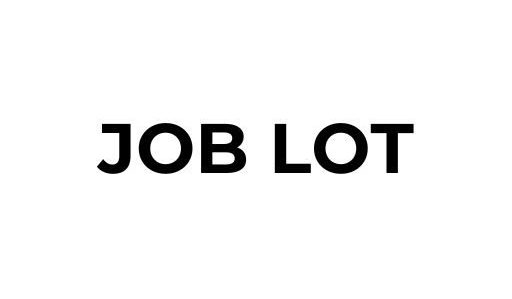- Clashes over budgets, abortion and energy facing Va. General Assembly
- Weddings get glitz back as budgets surge; haven’t hit the ceiling yet, say industry players
- Eventually state budgets should fully fund mandated spending – Shaw Local
- Report: Local recycling budgets are stressed as state aid has dropped
- Brace yourself: School budget season is coming
Sign up for the Slatest to get the most insightful analysis, criticism, and advice out there, delivered to your inbox daily.
Bạn đang xem: How getting paid once a month and shirking credit cards helped me manage my family finances.
When my husband was offered an amazing job last summer working on an animated film in Paris, our family happily decided to tag along. I envisioned long strolls along the Seine, discovering some of the less-visited museums that I was never able to get to when I was a tourist in Paris, and trying to learn enough French to get through basic daily tasks. And wine. Lots of good, cheap wine.
What I didn’t expect, as a veteran financial journalist, was learning a new money hack that has a uniquely French twist. In France, over 95 percent of all employees are paid once a month. Compare that with the U.S., where it’s much more common to be paid weekly or biweekly, according to the Bureau of Labor Statistics. Indeed, the numbers in the U.S. are almost inverse to those in France: Only 10 percent of all employees are paid once a month in the U.S.
Logic, or at least my own experience managing our family’s expenses over the years, would tell me that getting paid once a month would make it much harder to manage our money. Once the big items like rent and tuition for the ridiculously overpriced international school we sent our son to were accounted for, both of which were due on the first of the month, there was less than 50 percent left to pay for everything else—food, utilities, that aforementioned cheap wine—until the first of the month rolled around again.
Xem thêm : Los Angeles Democrats Cut Fire Department Funding while Boosting Police Budgets
When I first learned about what’s known as le mensuel, it honestly felt like a bad joke. I was convinced that it was going to be the hardest part of living in Paris, even harder than trying to learn the language or dealing with the oft-mentioned French bureaucracy.
But instead of feeling stressed out as the end of the month neared and trying to stretch our food dollars with lots of pasta and beans, I felt much more in control, knowing that this large chunk of money would hit our bank account on the first of the month.
Even more surprising, it taught me to be less dependent on credit cards. In France, credit cards and debt in general are practically nonexistent and certainly frowned upon culturally. That’s not the case in the U.S., where Americans owe about $1.2 trillion in credit card debt, according to a recent study by the New York Federal Reserve Bank.
Instead, it’s much more common to use your debit card for everything from Le Metro to a Michelin-starred dinner. It works essentially the same as using debit cards in the U.S., and the cards are visually indistinguishable from American credit cards. The main difference was that my card, from an online bank called Revolut, was tied to our bank account, which meant that every time I used it, I was spending money that I actually already had in my account, as opposed to money that I was promising to pay at some future date.
As a result, it was a lot harder to overspend and get into financial trouble in France because I was always aware of what I was spending and what I had left. That’s not always the case when I use my American credit cards. Unless I hit my credit limit, I can continue charging as much as I want. Indeed, one of American Express’ main selling points is that they don’t have a credit limit.
Before going to France, I used to pay for routine things, like my morning coffee or groceries, on my debit card and use the credit card for nonroutine expenses. But even then, I have always carried relatively few credit cards and have always tended to pay them by their due date. Still, there have been times when an unexpected vet bill or a car repair caused me to pull out one of my credit cards. In Paris, we didn’t have a car, but we did bring our older dog, who wound up at the local vétérinaire pretty regularly. We were able to pay for all of those unexpected bills with money that was already in our account, instead of doing the American thing and running up debt.
Now that I’m back in the U.S., I’m trying to keep that momentum going by limiting my use of credit cards and trying hard to spend the money that is coming in as we receive it. But running my own business means I can go weeks—or longer—without getting a regular paycheck.
Living in Paris for a year certainly had its share of stresses, mostly because my French language skills never really advanced beyond me saying, Je parle français un petit peu, before switching to English. But learning about a better way to manage our family’s finances was definitely an unexpected benefit. Maybe even better than the good, cheap wine.
Nguồn: https://joblot.lol
Danh mục: News

